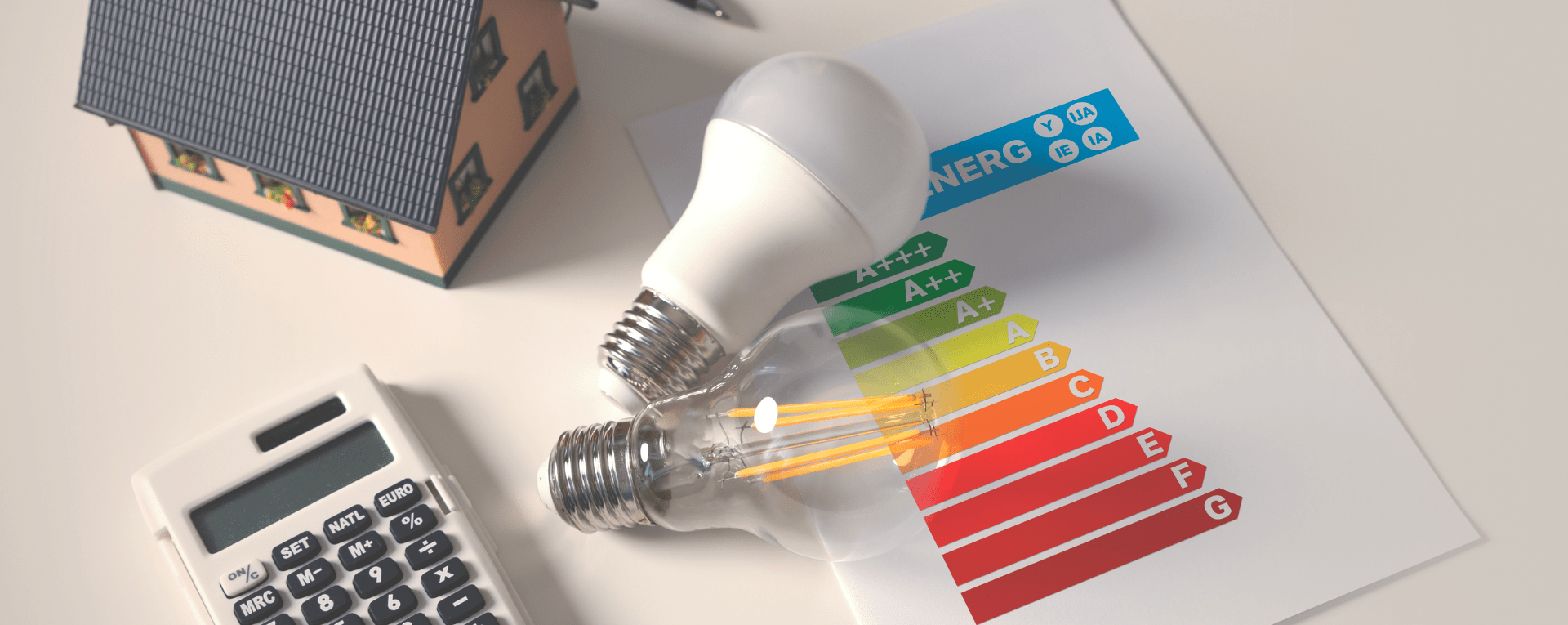Energy Efficiency and Sustainable Buildings: Tips and Strategies
Energy efficiency is a cornerstone of sustainable buildings. Enhancing energy efficiency is crucial for reducing environmental impacts and lowering energy costs. This article will focus on various tips and strategies that can be used to increase energy efficiency in buildings.
- Good Insulation
Wall and Roof Insulation
Effective insulation reduces heat loss and gain in buildings, thereby enhancing energy efficiency. Using high-quality insulation materials in walls and roofs helps maintain indoor temperatures, reducing the need for heating and cooling.
Window and Door Insulation
Double or triple-glazed windows and well-insulated doors effectively reduce heat loss. Proper insulation around windows and doors is also crucial.
- Energy-Efficient Lighting
LED Lighting
LED bulbs consume significantly less energy and have longer lifespans compared to traditional bulbs. Using LED lighting in buildings can achieve energy savings.
Natural Light Utilization
Utilizing natural light is an effective way to enhance energy efficiency. Maximizing natural light intake with large windows and skylights in buildings can reduce the need for artificial lighting. Technologies like light tubes can also direct natural light into indoor spaces.
- Renewable Energy Sources
Solar Panels
Solar energy is one of the most popular ways to enhance energy efficiency in buildings. Solar panels installed on roofs can generate electricity and reduce energy costs.
Wind Turbines
Small-scale wind turbines can be used to meet the energy needs of buildings, especially in areas with high wind potential.
- Energy-Efficient Heating and Cooling Systems
Heat Pumps
Heat pumps extract heat from the air, water, or ground to provide energy-efficient heating and cooling. These systems consume less energy compared to traditional heating and cooling methods.
Smart Thermostats
Smart thermostats optimize indoor temperatures based on user habits, contributing to energy savings by efficiently managing heating and cooling systems.
- Water Conservation and Recycling Systems
Rainwater Harvesting
Rainwater harvesting systems effectively reduce water consumption and costs. Collected rainwater can be used for garden irrigation and toilet flushing.
Low-Flow Fixtures
Low-flow faucets, showerheads, and toilets reduce water consumption while maintaining user comfort.
- Smart Building Technologies
Building Management Systems (BMS)
Building management systems are used to monitor and manage energy consumption. These systems optimize building systems such as lighting, heating, and cooling to enhance energy efficiency.
Energy Monitoring Devices
Energy monitoring devices track real-time energy consumption in buildings and identify areas for energy savings. These devices provide valuable data to optimize energy use.







